RV Travel to Canada is on many RVers bucketlist. It’s a big trip with lots of ground to cover. RV travel to Canada also involves an international border crossing, so it’s worth planning ahead for. This blog is kind of an “RVing Canada 101”. Today we’ll just cover the basics, and you can decide if RV travel to Canada is right for you.
Am I Ready to Take My RV to Canada?
Depending on where you plan to visit, there can be some very remote (and very beautiful) places in Canada. It would be wise to make sure your RV has any necessary repairs done before you leave for your trip. It may be difficult to find the parts you need if you have an issue in a remote area.
Other than that, if you’ve got some miles under your belt and feel comfortable with long drive days, you’re probably ready to take your RV to Canada! But we can share a few more things to help you prepare for when to visit, where to stay, and how to manage the border crossing.
Best Time to Visit Canada
The best time to visit Canada is in the summer. Peak season is July and August. Winter is cold, and spring is rainy, but anytime between mid-May and mid-October will be reasonable weather and temperatures for camping in your RV.
Unless you’re a total snow-lover, this is also the only time really worth bringing your RV to Canada because many attractions and campsites are closed from late October to early May. You could rent an RV from Canadream one winter for an amazing RV ski vacation. But generally speaking, aim for summer or fall.
In summer you can enjoy swimming, water activities, sunshine, and beaches. In fall the weather will be cooler but enjoyable for hiking and fall foliage. There are also fewer bugs in the fall (a major pro in our opinion).
Canada RV Parks – Where to Stay
If you’re used to using Campendium to find RV camping here in the US, the good news is it covers Canada too. But the offerings are structured a bit differently and there are a few important things to know.
Parks Canada is the Canadian National Park system, with 40 national parks. Their campsite fees start at $16.75 per night. Prices vary depending on your travel dates and location. You can reserve their sites online here.
Provincial Park Campgrounds are governed by each individual province. There are 470 provincial parks across Canada. Reservations must be made through each separate province or park’s website. The rules and pricing vary by park. But these parks can be a great option.
Below is a selection of top-rated places to stay in your RV:
Gros Morne National Park, Newfoundland
This seaside east-coast park has magical nature all around. It’s also an official UNESCO World Heritage Site.
Old Shipyard Campground, Nova Scotia
The private campground offers 30 sites on the beach of the Bay of Fundy. Parked on a narrow strip of land, you’ll watch the tide rise up to within 50 feet of your campsite, and then descend a quarter mile from shore, every six hours.
Campers Cove, Ontario
This private campground has over 1200 feet of clean sandy beach on the shores of Lake Erie. It is family owned and operated for over 50 years. There are wineries, golfing, and birding nearby.
Living Forest RV Park & Oceanside Campground, British Columbia
This RV resort is on 53 acres with ocean, forest, and river. It has 300 sites and is ranked among the top places to camp in British Columbia.
What Documents do You Need to Cross the US-Canada Border?
It’s not as easy as it used to be to travel to Canada without a passport. According to the US Department of State, “Canadian law requires that all persons entering Canada carry proof of citizenship and identity. A valid U.S. passport, passport card, or NEXUS card satisfies these requirements for U.S. citizens.”
Returning to the US from Canada requires similar documents to show proof of identity and citizenship. We recommend checking the State Department’s website to confirm your required documents before crossing.
How long can you stay in Canada with a US Passport?
Citizens of the United States can stay in Canada for up to six months with just a US passport. If you want to stay longer, you can acquire an extension. To obtain an extension there is an application and associated fee. The application must be completed while in Canada at least 30 days before your time limit is reached.
Important note: if your passport expiration doesn’t have six months remaining, you can stay in Canada for up to six months from the day you entered Canada or until your passport expires, whichever comes first.
So Is An RV Trip to Canada in Your Future?
We hope this quick round-up of things to consider before embarking on an RV trip to Canada helped you decide if it’s something you want to plan for. It’s really very easy to cross from the US to Canada with your RV if you’re prepared. We hope you’ll embrace RV Travel to Canada and enjoy the beautiful Canadian summer!
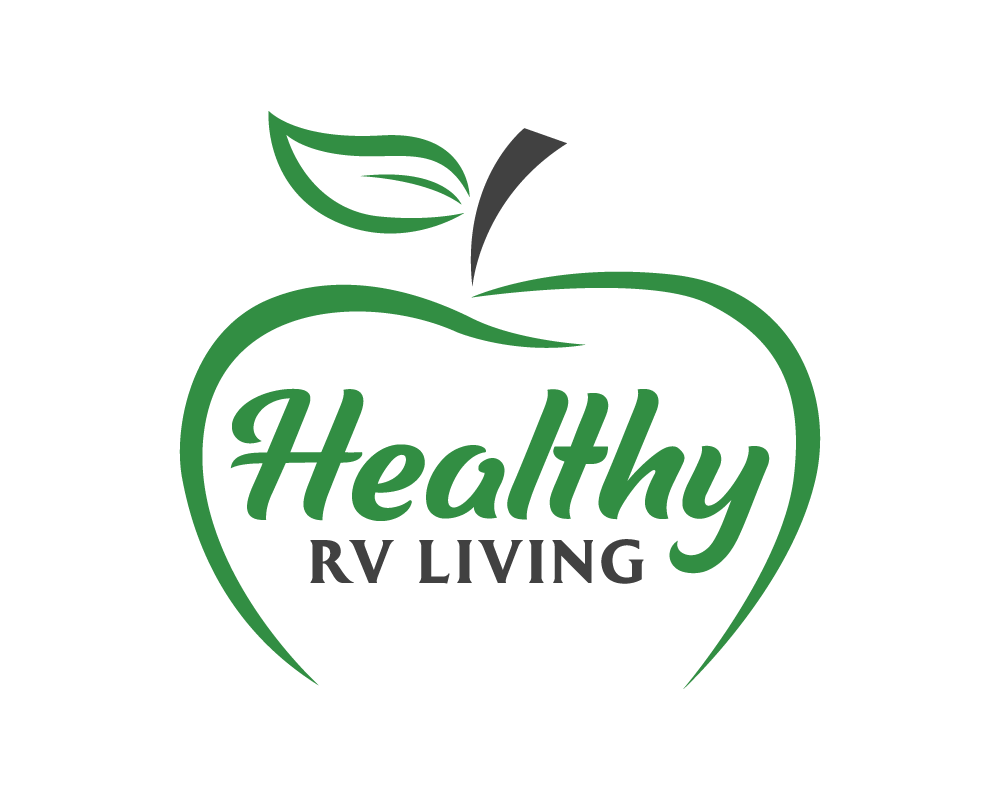


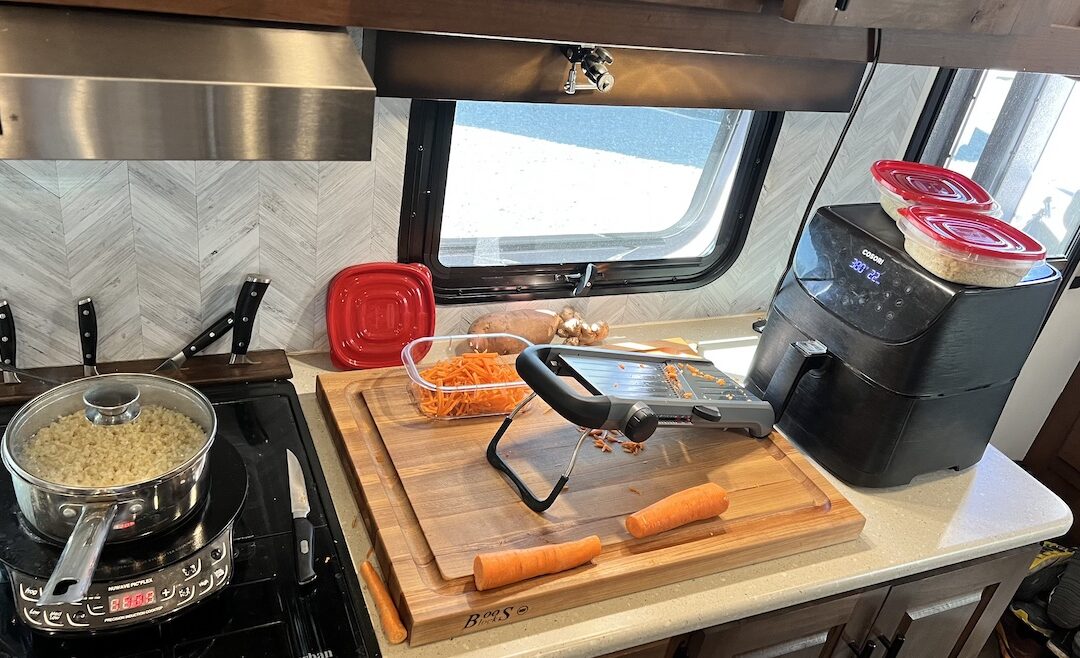
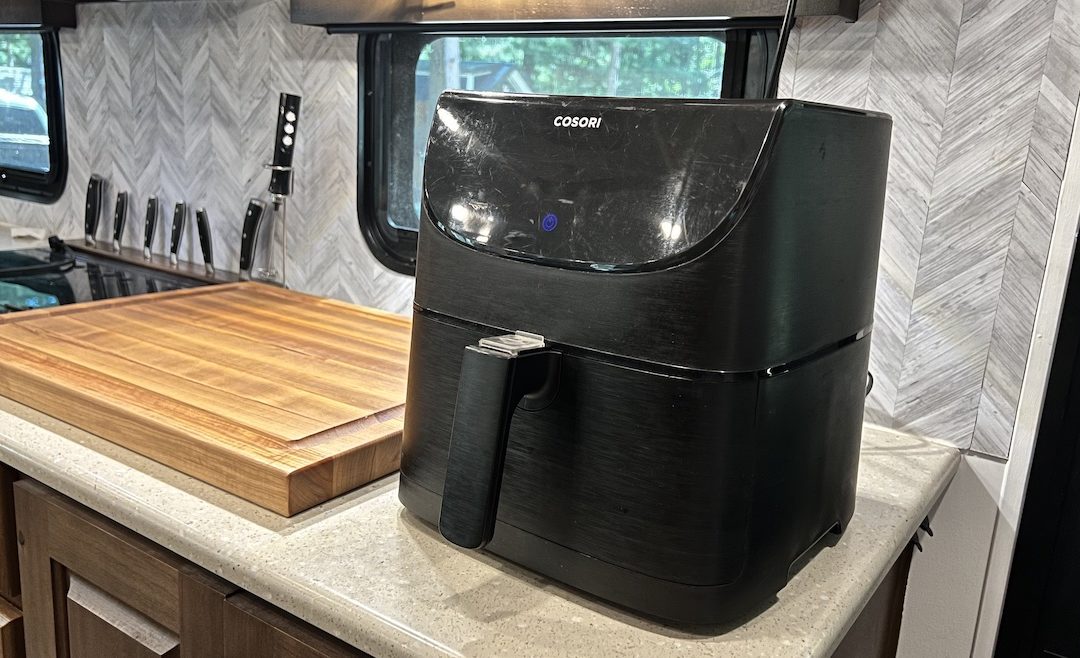
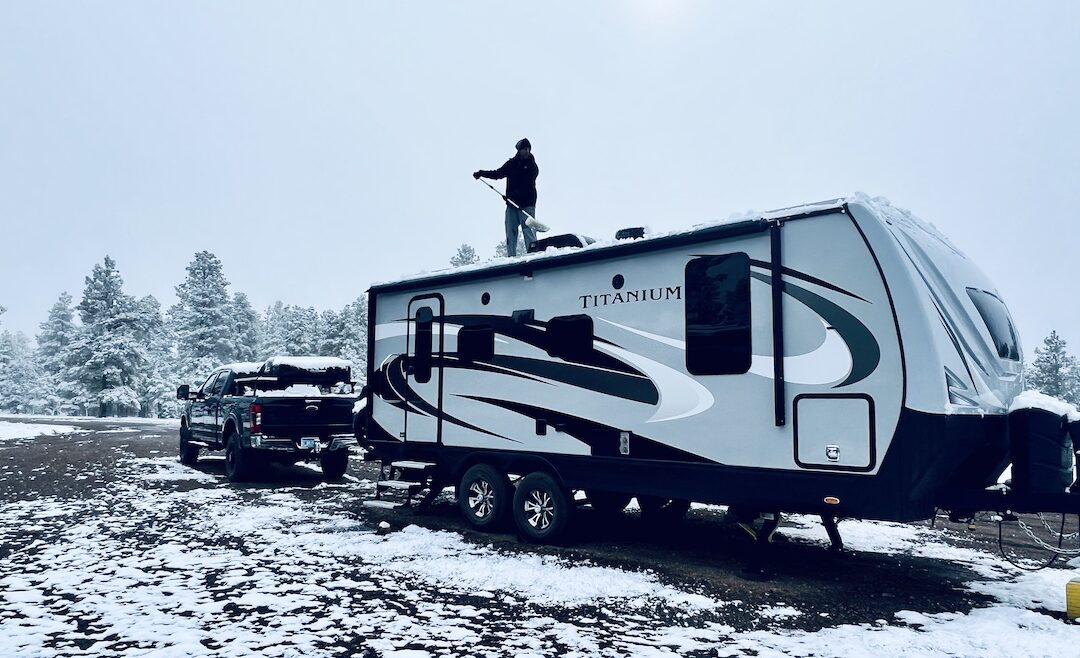
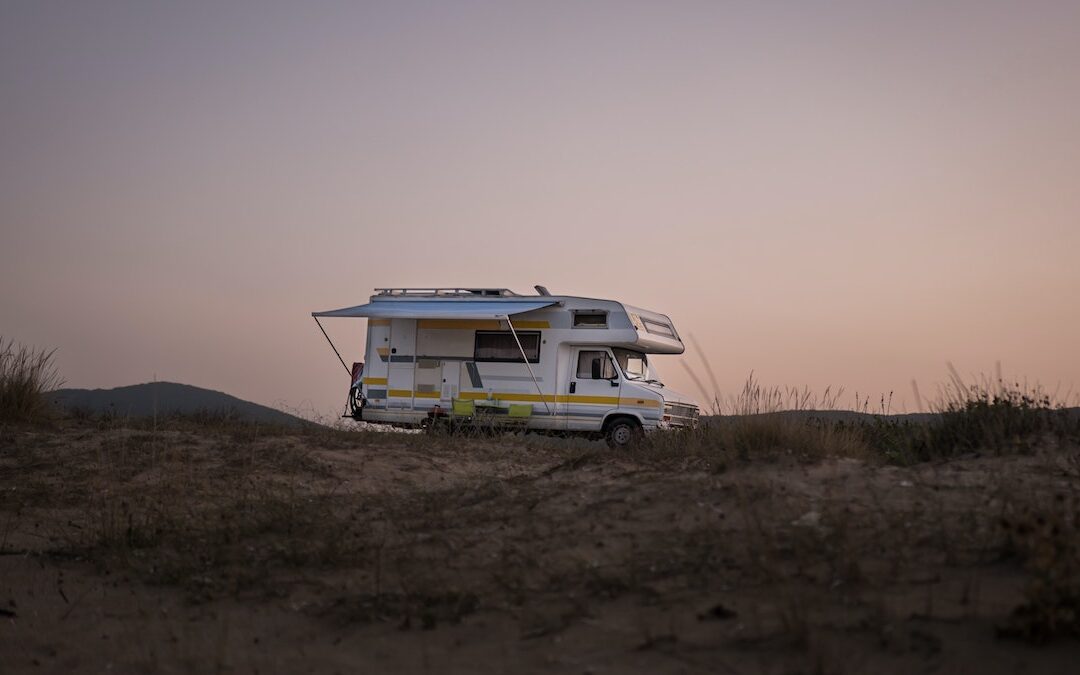
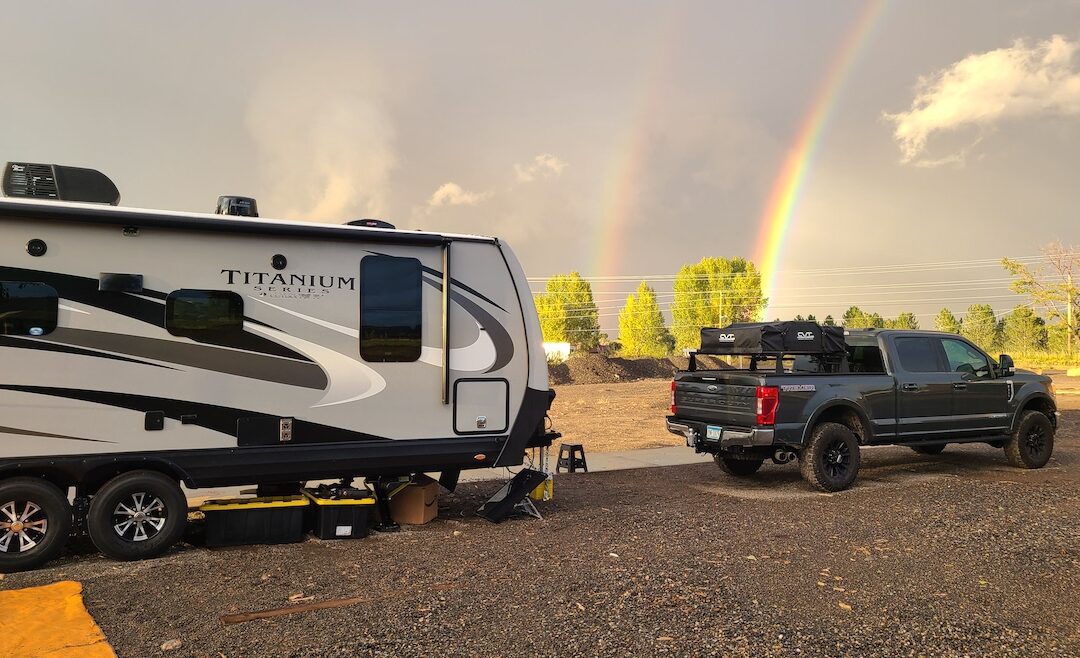

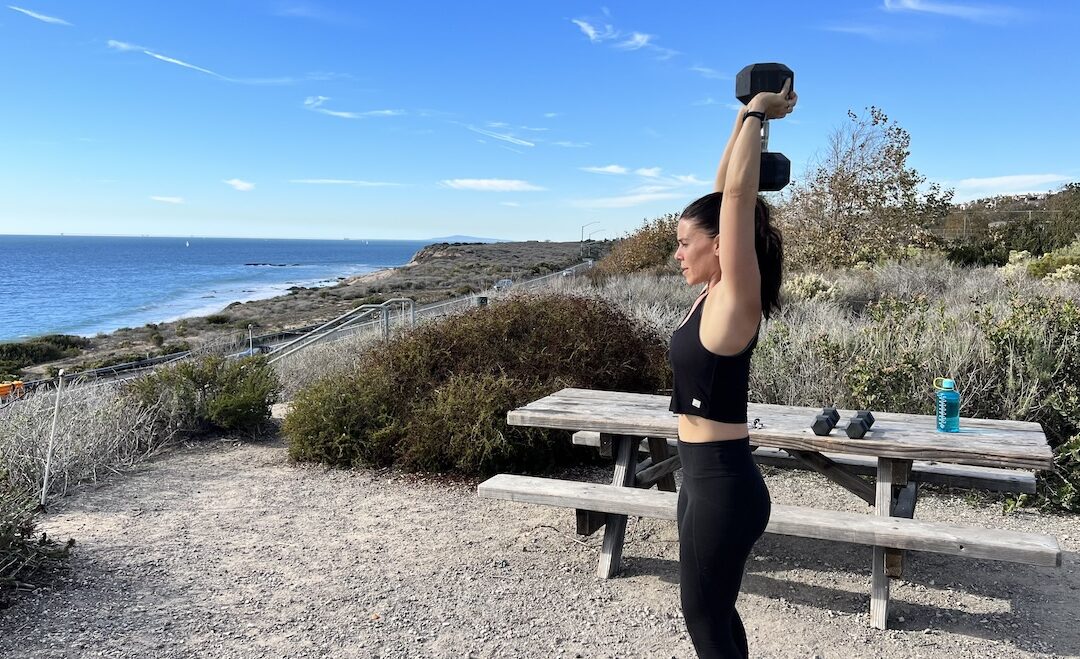
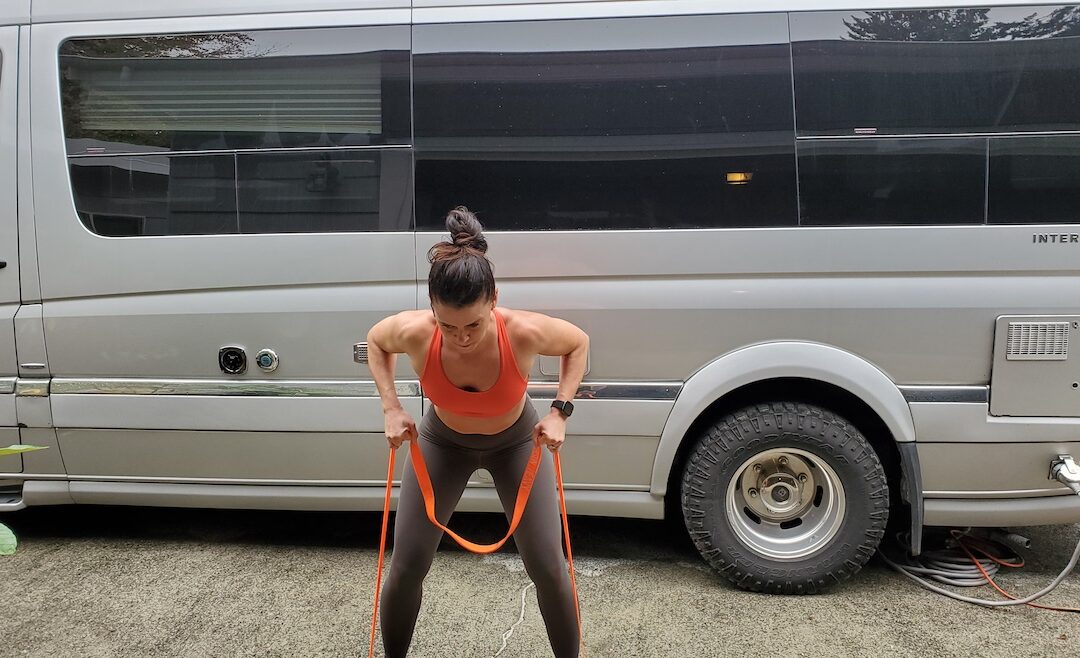
0 Comments